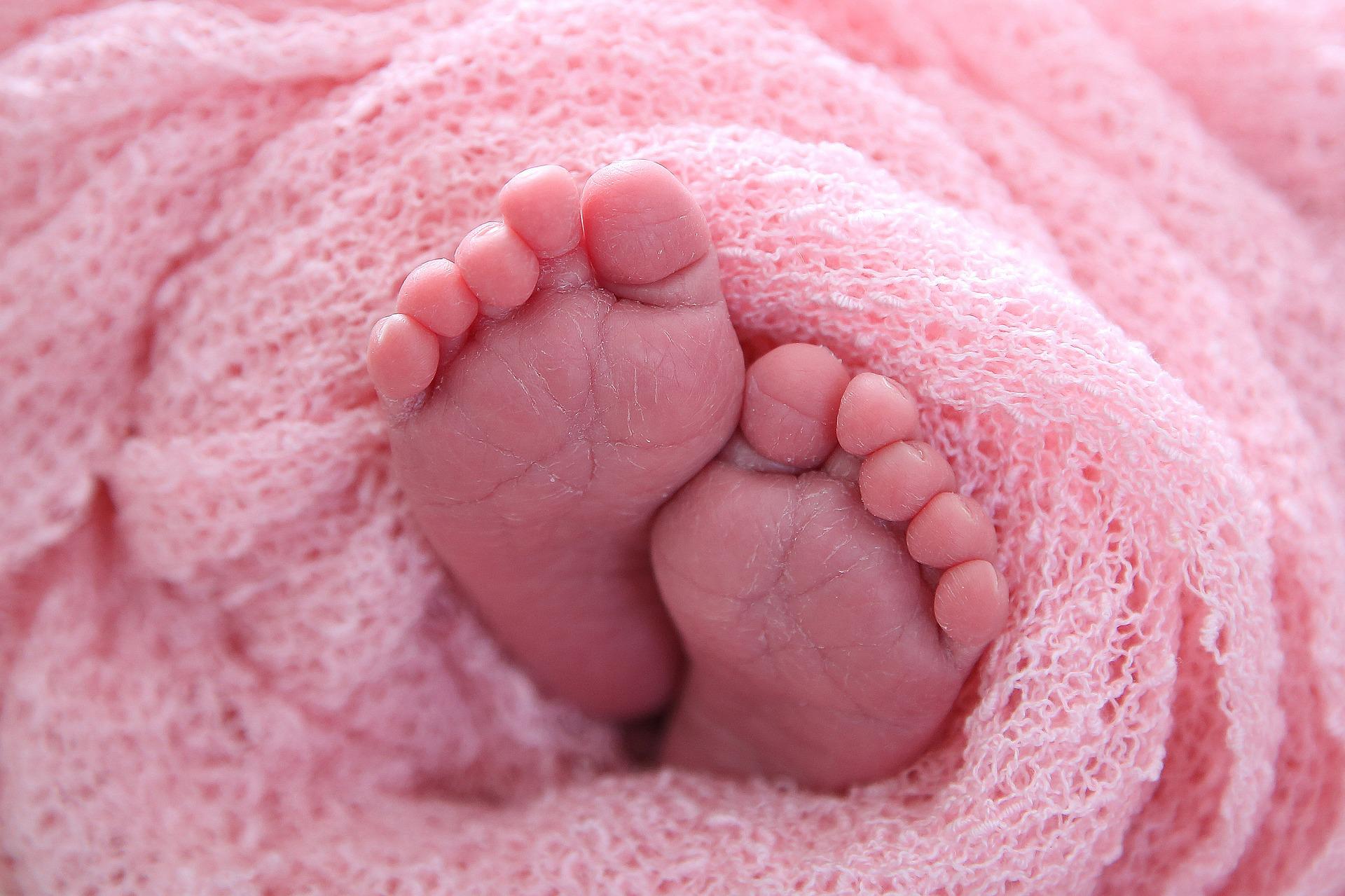
Private Cord Blood Banking… What is it?*
Something you may have heard about, especially if you are pregnant, is something called private cord blood banking. However, do you know what it is?
This article will hopefully start to fill in some of the blanks about what it is and how it works. Read on if you are curious.
What is cord blood banking?
Private Cord Blood banking is the process of collecting and storing the blood from your baby’s umbilical cord after they are born. More specifically storing the cord blood to harvest and store the stem cells it contains.
Quick explanation on what a stem cell is just in case you haven’t heard of them. Stem cells are amazing little things that are the basis for all other cells in the body. They can become blood cells, muscle cells, brain cells or bone cells. No other cell has this ability.
The tiny stem cells can also be used to treat diseases. Currently, there are over 80 conditions worldwide that can be treated using stem cells. Research is constantly being done to unlock their potential further.
Is it the same as a donation?
The simple answer is no.
Donation of the placenta and cord blood is available on the NHS but not a guarantee as not every hospital offers it. Donation is also free of charge, but this is because it goes into a public bank where they can be used by anyone who needs it. It is a lovely thing to do of course but private storage is different.
Upfront this biggest difference is that privately storing your baby’s stem cells does cost money. But this is also because you are guaranteeing that it is available for your family to use as and when you need them. Companies out there such as Cells4Life are private banks that store your baby’s cord blood, cord tissue and placental cells exclusively for your own family’s use. Also, it is a service available in most hospitals.
It can be a little bit pricey but you are providing your baby, their siblings and your immediate family with a big safety net. These cells will be a 100% match to your child, up to 75% chance of matching with a sibling and could even match with you as the parent. It can be a relief to have such a safety net.
How does it work?
You will be sent a collection kit to put into your hospital bag. You need this with you on the day you give birth to hand over to your phlebotomist. If you have a phlebotomist that is licenced to do the collection then contact them, otherwise, one will be provided for you by your storage company. Just drop them a message when you are in labour and they will meet you at the hospital, staying in a separate room until they are needed.
Once the baby is born and the cord is cut and the placenta delivered, whatever you have requested be stored will be collected in a separate room so you can give all your attention to your newborn.
After the kit is handed back to you or your birth partner, contact the courier that has been provided for you and that is it. The kit is on its way back to the lab to be processed and stored.
Is it Worth it?
This is something worth looking into and discussing with your health care professionals. It is an entirely personal choice if you think it is worth the money but it is certainly a great way to have something stored away should someone fall ill.



